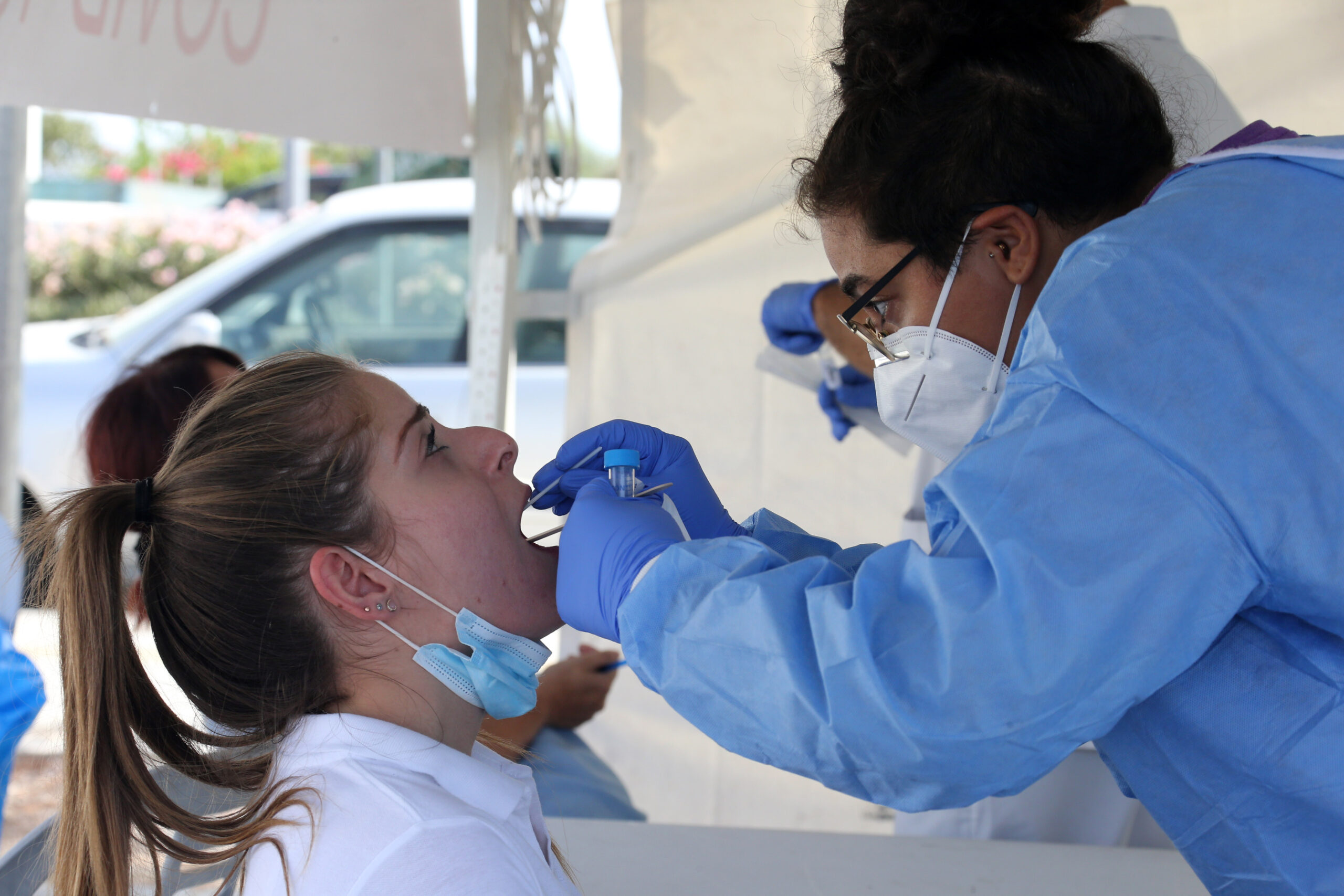Cyprus was second among 22 participating countries in a World Health Organisation survey on students negatively affected by the Covid-19 Pandemic, the Education Ministry said.
Moreover, Cyprus was among the countries where fewer teenagers (19%) – an average of 31% – reported a positive impact of the pandemic in their lives compared to other southern European countries where it was much higher among teenagers.
The ministry said it will use data from the WHO International Health Behaviour in School-aged Children (HBSC) survey to “improve specific aspects of the education system.”
It added: “A clearer picture is expected regarding the level of improvement in the areas examined by the survey”.
“Conducting comparative measurements for all the aspects examined by the survey will enable our country to reshape further, adapt and design related policies”.
According to the ministry, the HBSC is conducted every four years and provides international comparative data on the health, quality of life, social environment and health behaviour of school children 11, 13 and 15 years old.
The international HBSC 2021/22 survey results will be released in four thematic waves from October to December 2023.
The results were presented in four parts in the form of short reports.
They included data from 22 countries, including Cyprus that used the optional package of questions related to the COVID-19 pandemic in the questionnaire.
In the results of Cyprus, “it seems that pupils’ answers follow the trend of the students of the 22 countries”.
“The percentage of children who reported negative effects in most areas of their lives due to the pandemic in Cyprus is the second highest among the participating countries, following Kazakhstan,” said the ministry.
“Ways to support children affected by the COVID-19 pandemic are proposed, namely, strengthening measures to promote mental health, supporting girls and older children, prioritising lifelong education/learning and tackling income inequality.”
During the pandemic, schools were subject to lockdowns, mask-wearing and strict vaccination rules.










